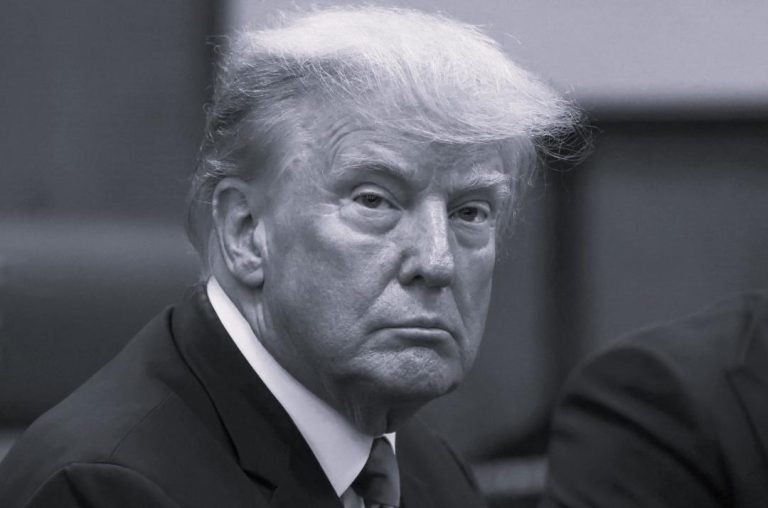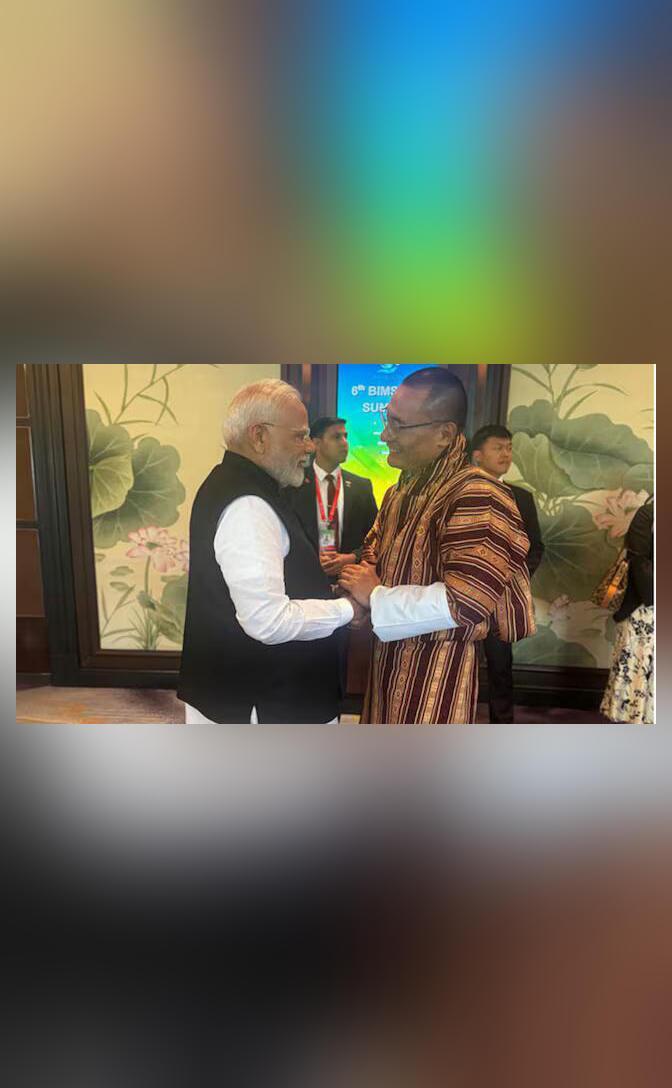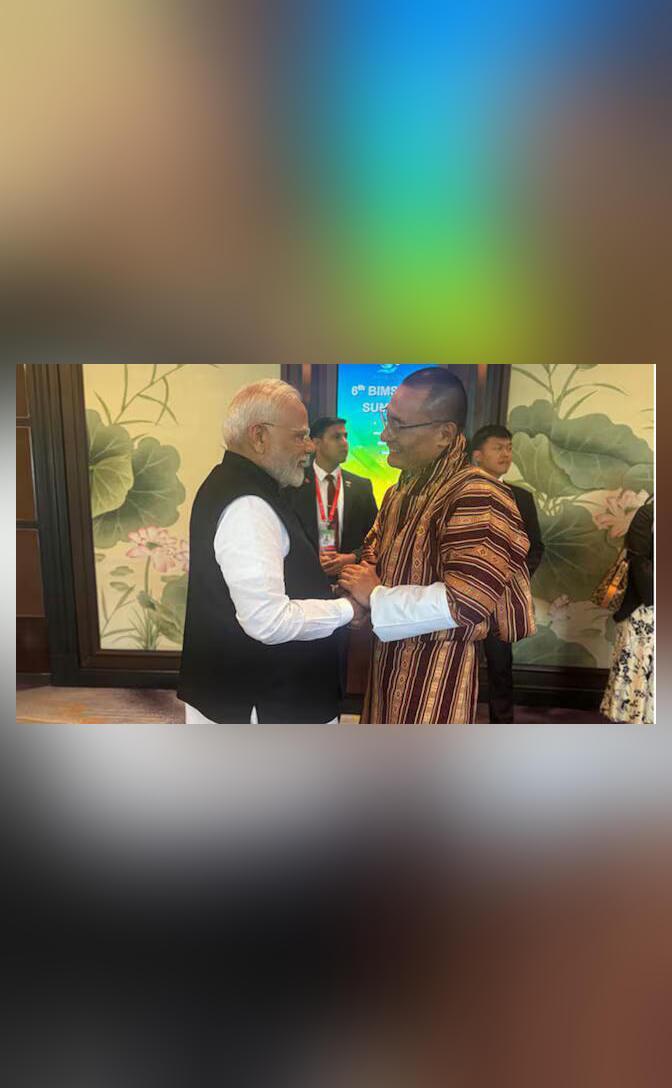
Indian Student, Who Self-Deported from US, Seeks Re-Enrolment in Columbia University
In a stunning turn of events, an Indian PhD student, Ranjani Srinivasan, who was involved in activities supporting Hamas and had her visa revoked, is seeking re-enrolment at Columbia University. In an interview, Ranjani expressed her hope that the university will “come to its senses” and take her back. This development comes after the university had previously “arbitrarily de-enrolled” her.
Ranjani’s story is a complex one, marked by twists and turns that have kept observers on the edge of their seats. In 2020, the Indian student was involved in activities supporting Hamas, a Palestinian Islamist group that the US has designated as a terrorist organization. This involvement led to the revocation of her visa, and she was subsequently forced to self-deport from the United States.
Despite this setback, Ranjani remained committed to her studies and had set her sights on re-enrolling at Columbia University. However, her hopes were dashed when she received a letter from the university informing her that she had been “arbitrarily de-enrolled”. This decision was met with shock and disappointment from Ranjani, who claimed that she had never expected the university to “let her down” in such a manner.
In her recent interview, Ranjani expressed her deep disappointment and frustration at the university’s decision. She emphasized that she had always been a dedicated student and had never engaged in any activity that was contrary to the values of the university. Ranjani also pointed out that she had been involved in various community service projects and had contributed to the academic and social life of the university.
“I had never expected the university to let me down,” Ranjani said during the interview. “I had always been a dedicated student and had never engaged in any activity that was contrary to the values of the university. I had been involved in various community service projects and had contributed to the academic and social life of the university.”
Ranjani’s story raises important questions about the role of universities in promoting academic freedom and supporting students who are involved in controversial activities. While universities have a responsibility to uphold the values of academic integrity and respect for human rights, they also have a duty to provide support and guidance to students who are involved in activities that may be controversial or controversial.
In Ranjani’s case, the university’s decision to “arbitrarily de-enrol” her raises concerns about the fairness and transparency of the academic process. Ranjani’s involvement in activities supporting Hamas may have been controversial, but it is unclear whether the university took into account the full range of circumstances surrounding her involvement before making its decision.
Moreover, Ranjani’s story highlights the complexities and challenges of navigating the intersection of academic freedom and political controversies. In an era where political polarities are increasingly pronounced, universities must navigate the fine line between promoting academic freedom and ensuring that their institutions are not used as platforms for promoting political ideologies that are antithetical to the values of the university.
In conclusion, Ranjani’s story is a powerful reminder of the complexities and challenges of navigating the intersection of academic freedom and political controversies. While universities have a responsibility to uphold the values of academic integrity and respect for human rights, they also have a duty to provide support and guidance to students who are involved in activities that may be controversial or controversial.
As Ranjani seeks re-enrolment at Columbia University, it is clear that her story will continue to unfold in the coming weeks and months. One thing is certain, however: Ranjani’s determination to pursue her academic goals and her commitment to her studies are a testament to the power of academic freedom and the importance of supporting students who are involved in activities that may be controversial or controversial.






